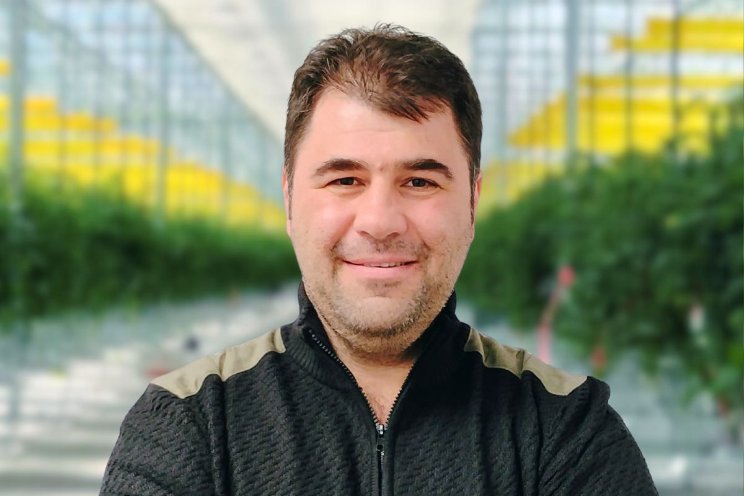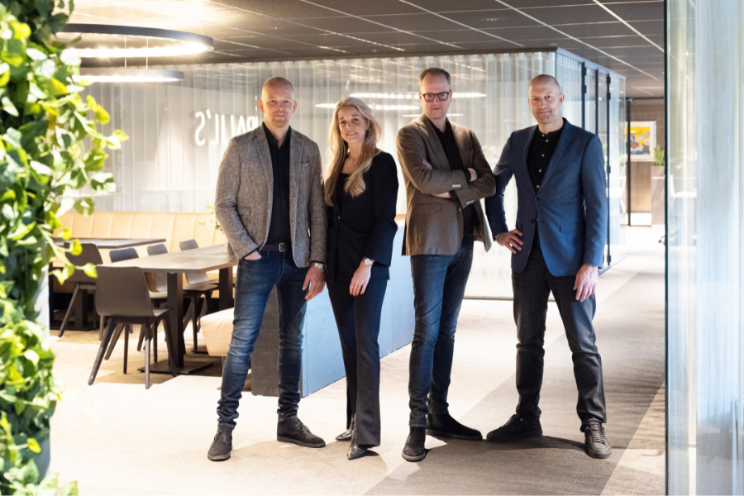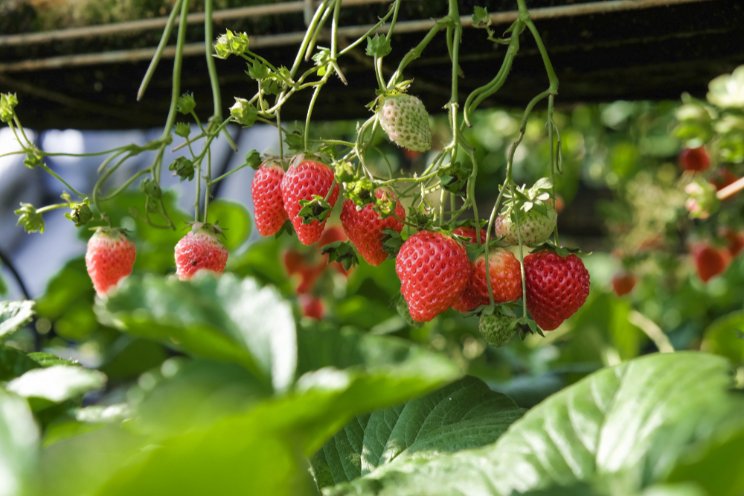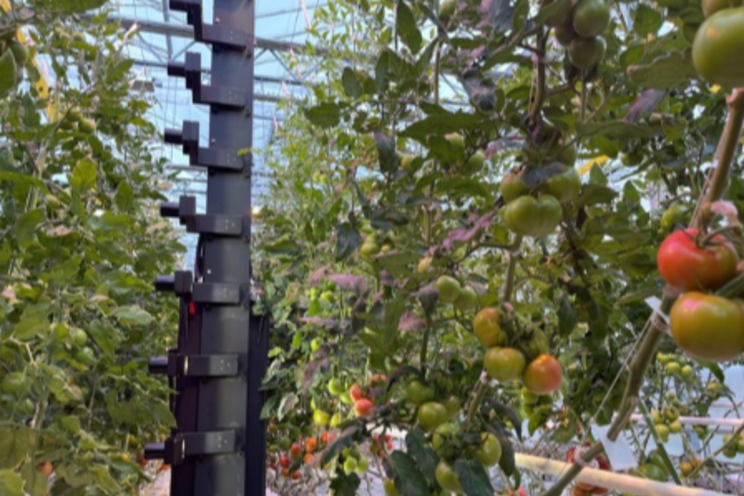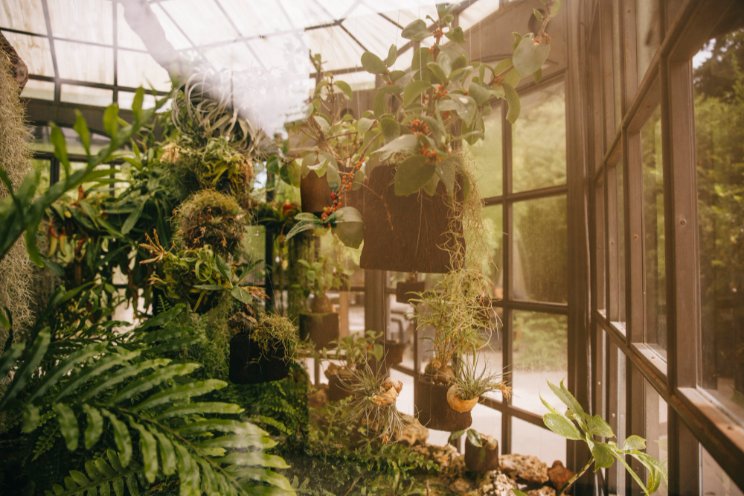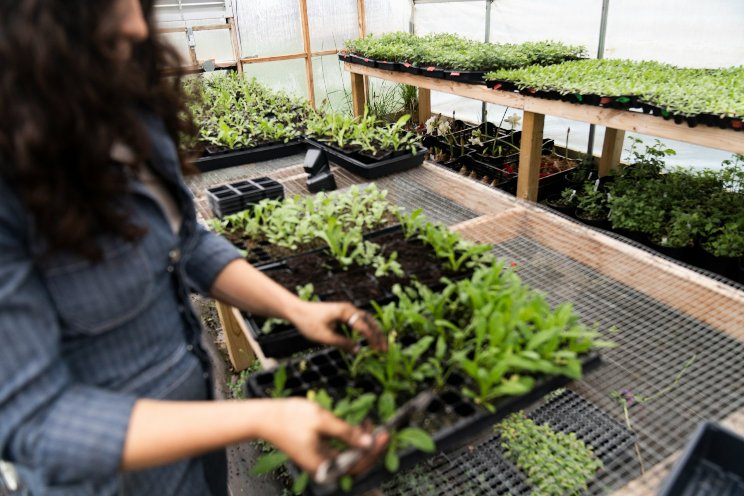Using AI for sustainable control of insect pests
Added on 06 February 2025
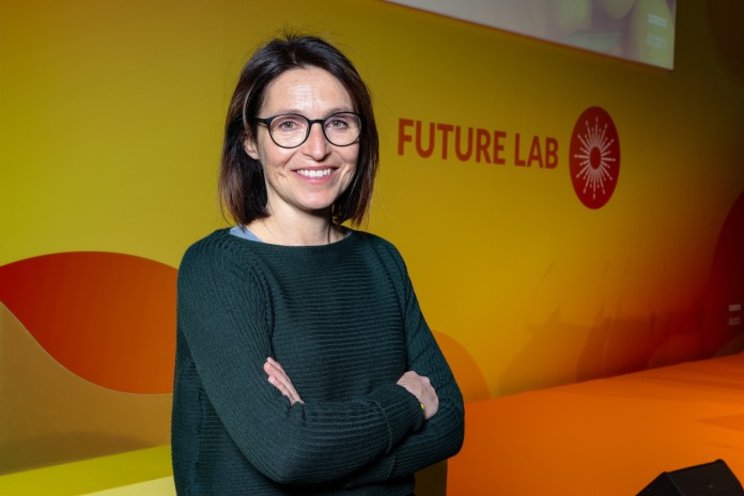
Insects are the most species-rich group of living creatures. They play a central role in many ecosystems, as they are not only pollinators but also serve as food for many other animals. Insects also help to loosen the soil, decompose organic material and thus promote the supply of nutrients.
However, there are also numerous insect pests in the fruit industry that attack fruit crops, leading to crop failures. They contaminate food through excrement and transmit pathogens. Global trade and climate change favour the spread of introduced insect pests that can displace native species or damage plants.
Reduce synthetic insecticides
"In order to produce and secure the yield, we have to combat insect pests. Those that are capable of destroying the yield must be kept under control," says Silvia Schmidt, doctor of applied entomology (insect science) and scientist at the Laimburg Research Centre in South Tyrol in Italy. This includes, for example, the codling moth (Cydia pomonella), one of the most important pests in apple cultivation, or the cherry vinegar fly (Drosophila suzukii), which mainly attacks berries.
Sustainable control of insect pests in agriculture is one of the fundamental strategies of scientific research at the Laimburg Research Centre. The overarching goal is to develop innovative methods that reduce the use of synthetic insecticides and limit them to what is absolutely necessary. On Wednesday, Dr Silvia Schmidt presented biological methods for controlling harmful organisms in the Future Lab at FRUIT LOGISTICA. As head of the "Biological Plant Protection Methods" working group, she is coordinating a project to develop intelligent traps.
More efficiency through perfect timing
Currently, the identification of insect species is carried out by human staff through costly and time-consuming field visits, explains Silvia Schmidt. With the help of high-resolution images in the traps, real-time monitoring and identification and counting of the species, a lot of labour can be saved. The trap also emits an alarm when the insect species harmful to the plant is detected and recommends the timing for the use of chemical or biological pest control. The perfect timing for treatment varies depending on the type of insect pest.
Such intelligent traps and the selective use of insecticides can help to minimise crop losses, reduce chemical residues in products, cut production costs, CO2 emissions and overall costs through pest control and prevention measures. "AI in agriculture is not just about increasing yields. It's about making agriculture more sustainable and efficient for future generations," says Silvia Schmidt.
Advanced processing of case data
Various prototypes have been developed in recent years. Immediately following Dr Silvia Schmidt's session in the Future Lab (Hall 7.2a), the Slovenian company EFOS presented its Trapview platform on the Farming Forward stage (Hall 3.1), which uses results from the Laimburg Research Centre to monitor and forecast pests. The advanced processing of trap data based on artificial intelligence helps customers to obtain an accurate and timely understanding of pest population dynamics and a forecast of pest development stages in a given area. Trapview is used to monitor more than 60 different insect species worldwide.
In the Future Lab at FRUIT LOGISTICA, innovative solutions will be presented in compact half-hour sessions that make it possible to safeguard harvests despite difficult environmental conditions and reduce food losses. This includes the diagnosis and environmentally friendly control of emerging fungal pathogens as well as the identification of genetic markers that make it possible to control the flowering time of pome and stone fruit. You can find the entire programme here: https://www.fruitlogistica.com/en/events/.
More news
